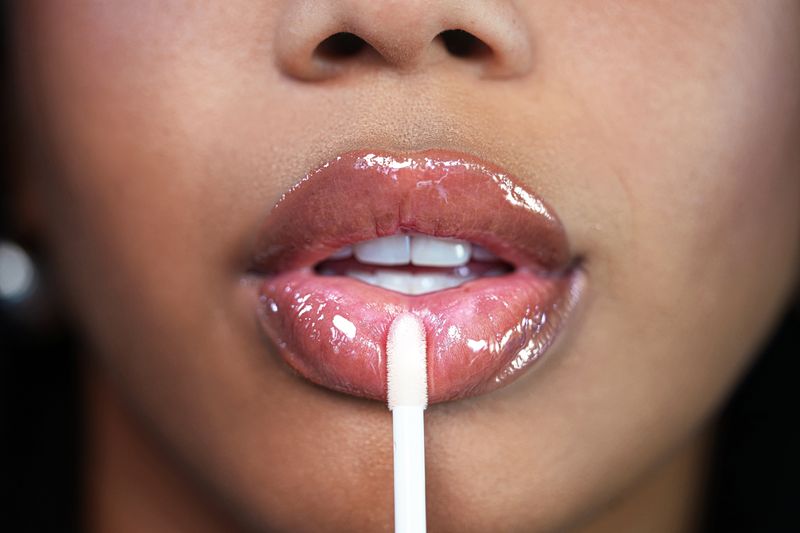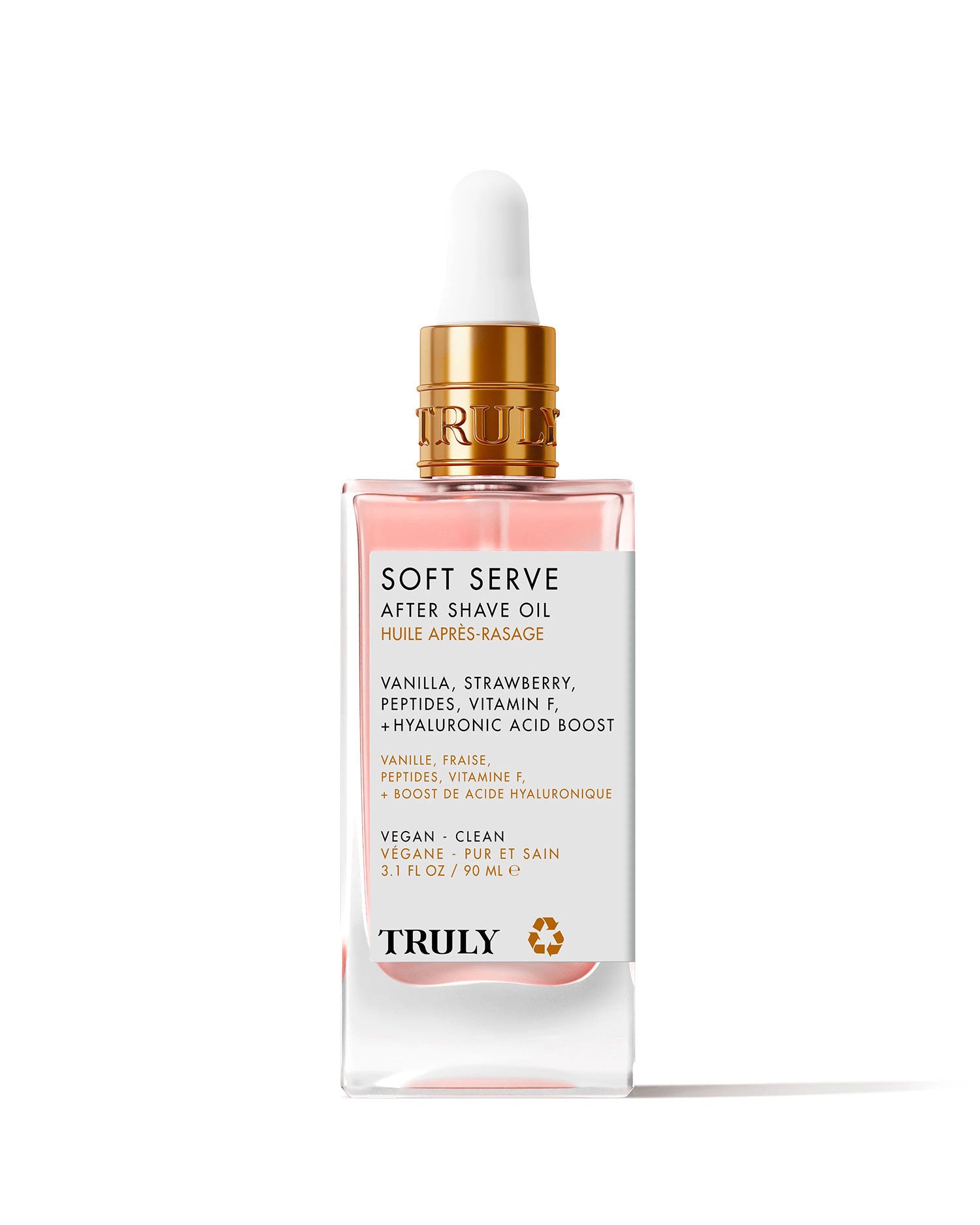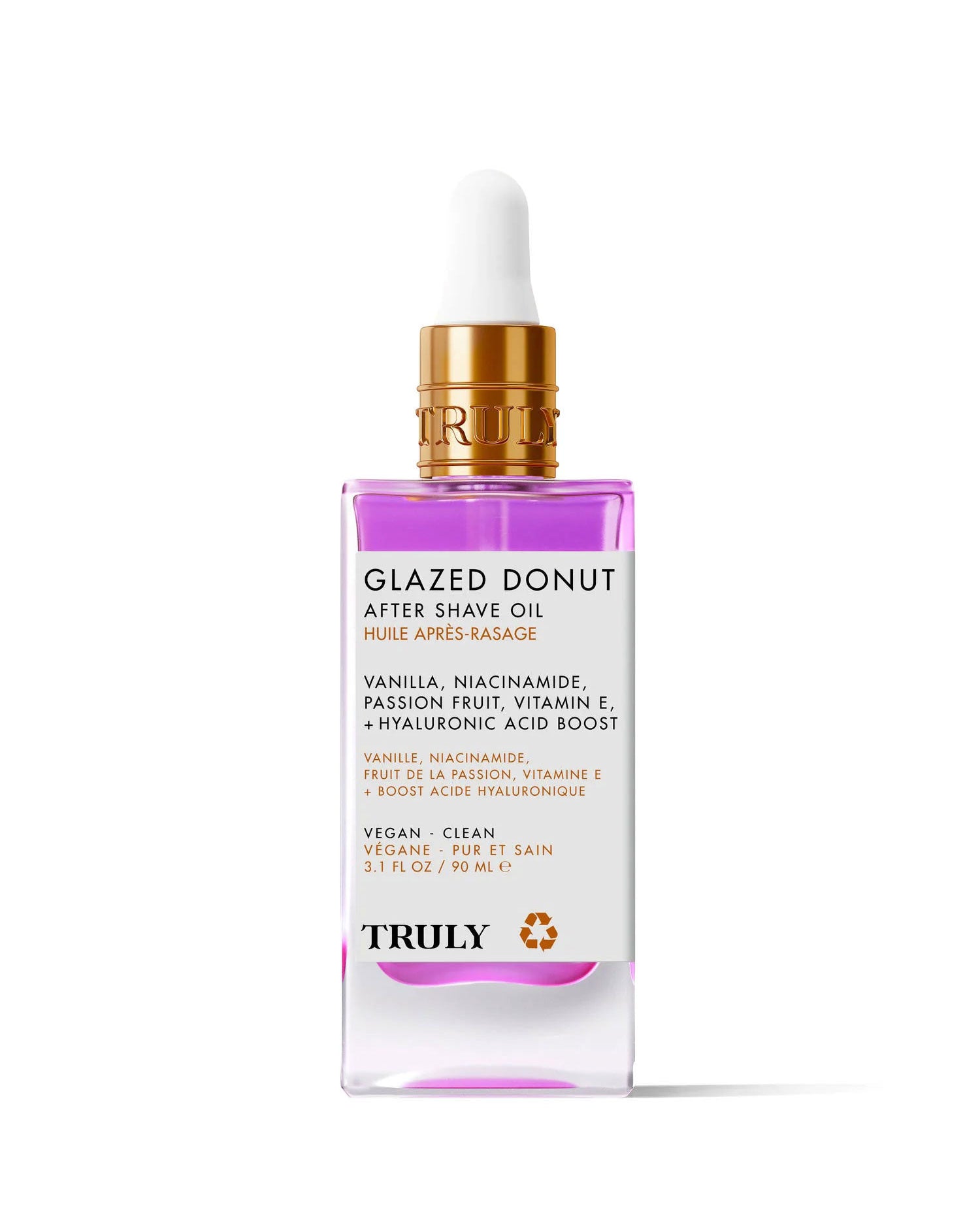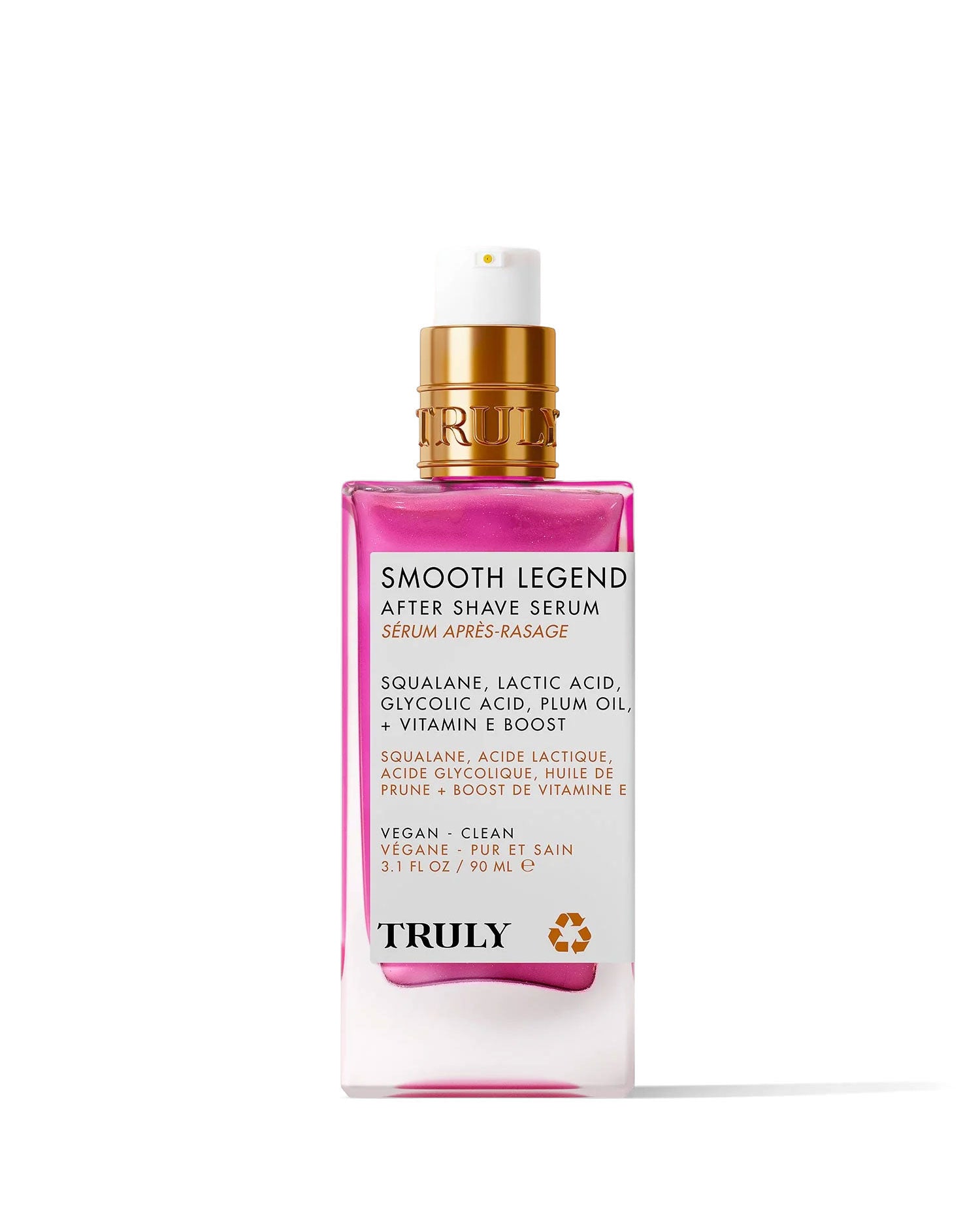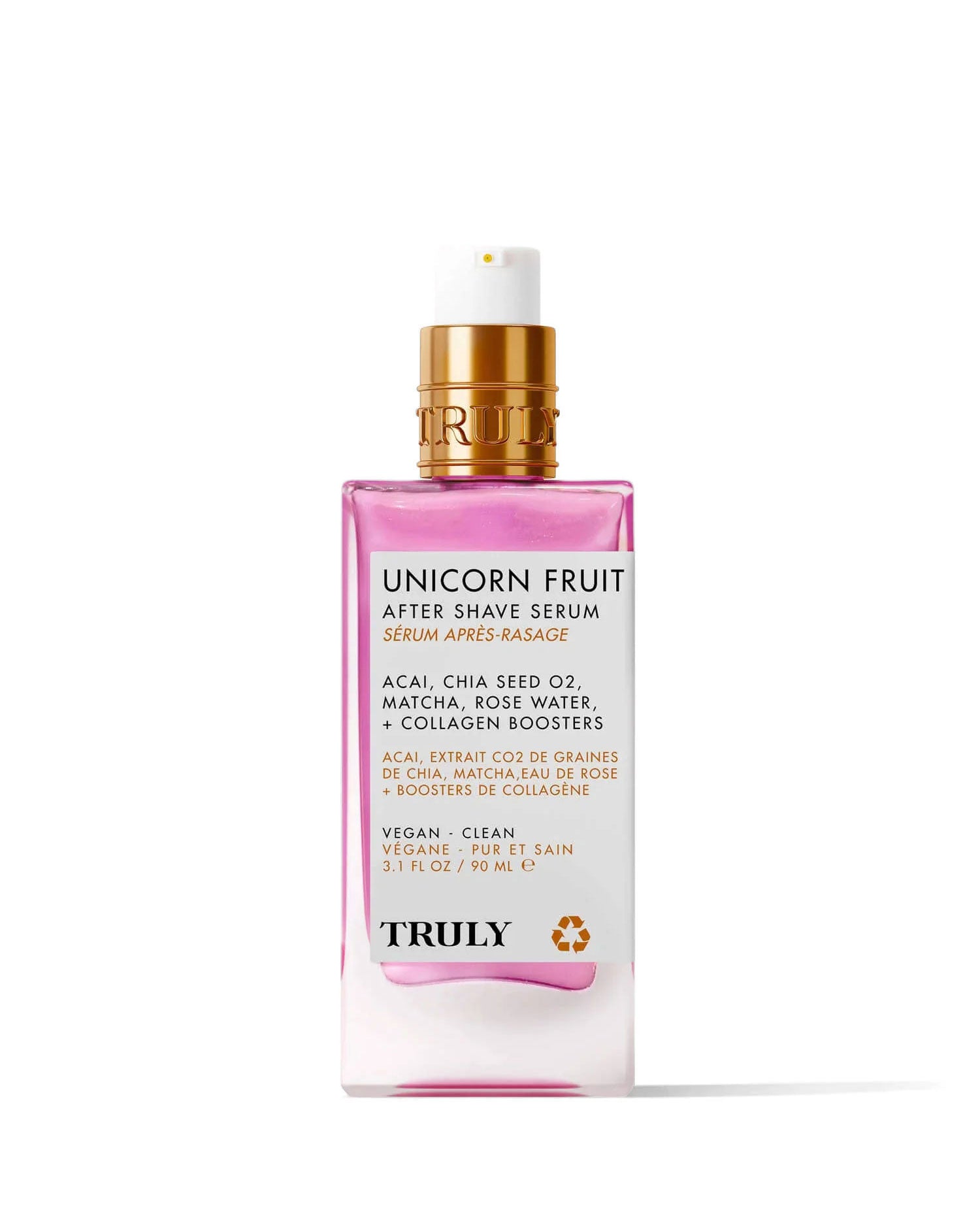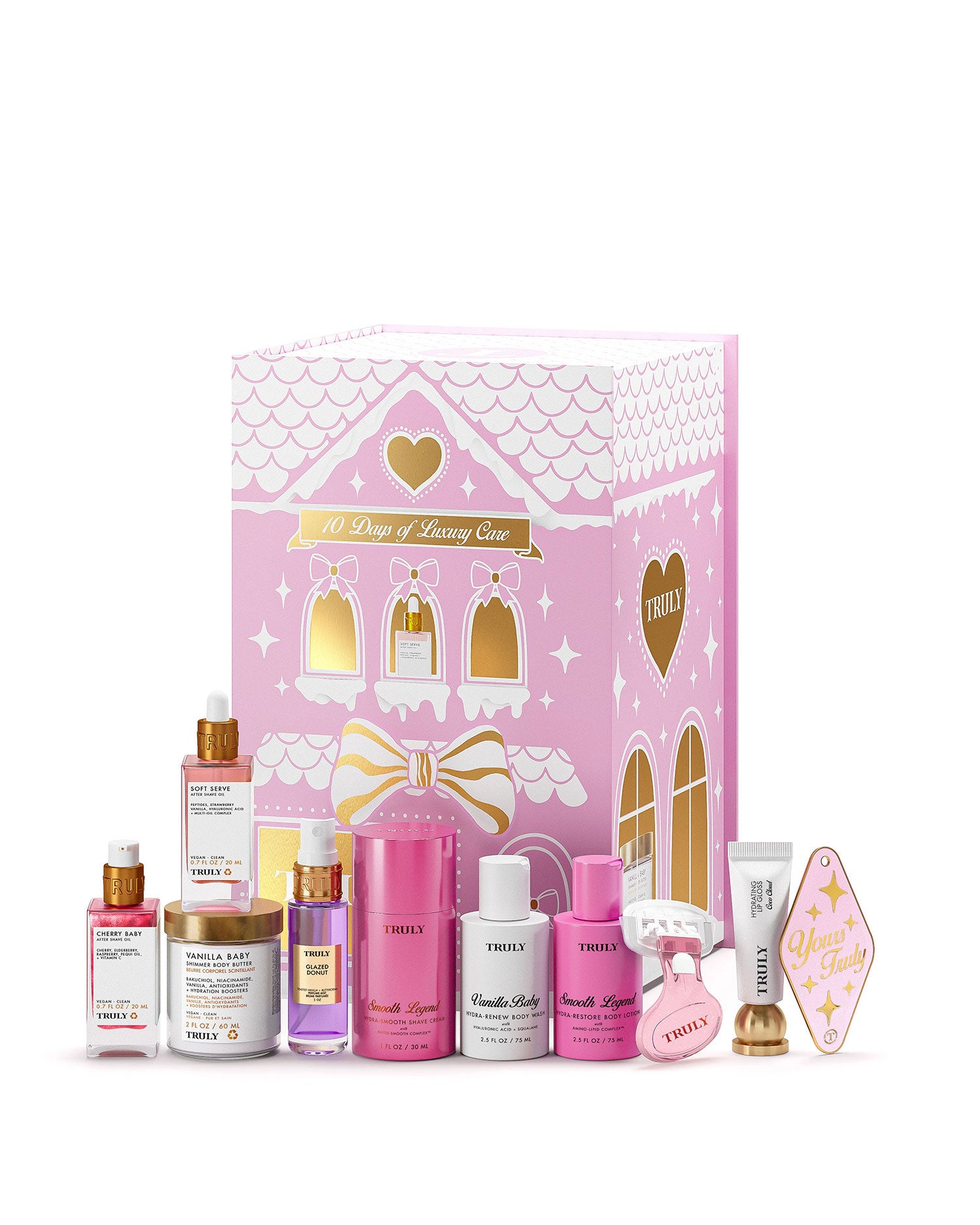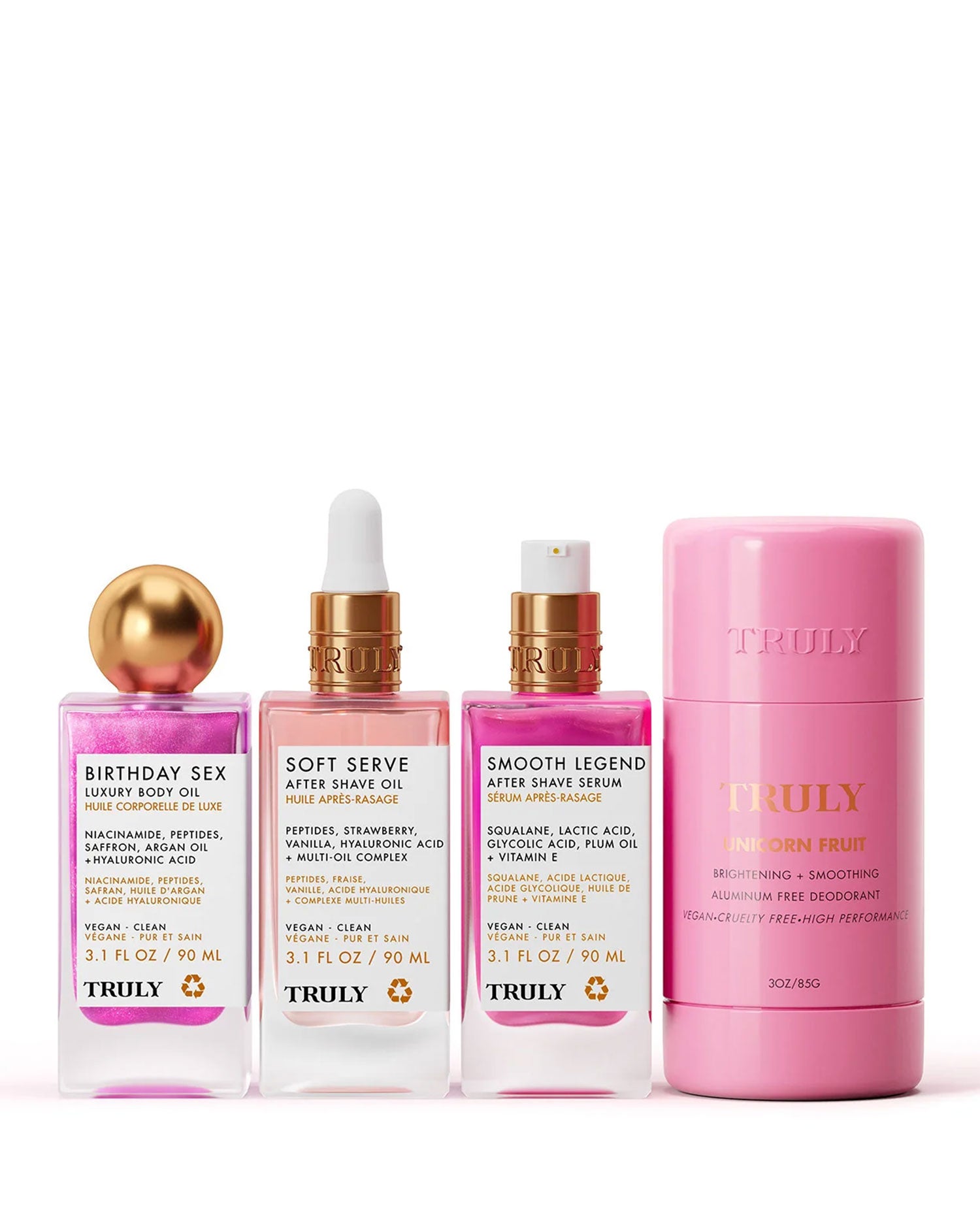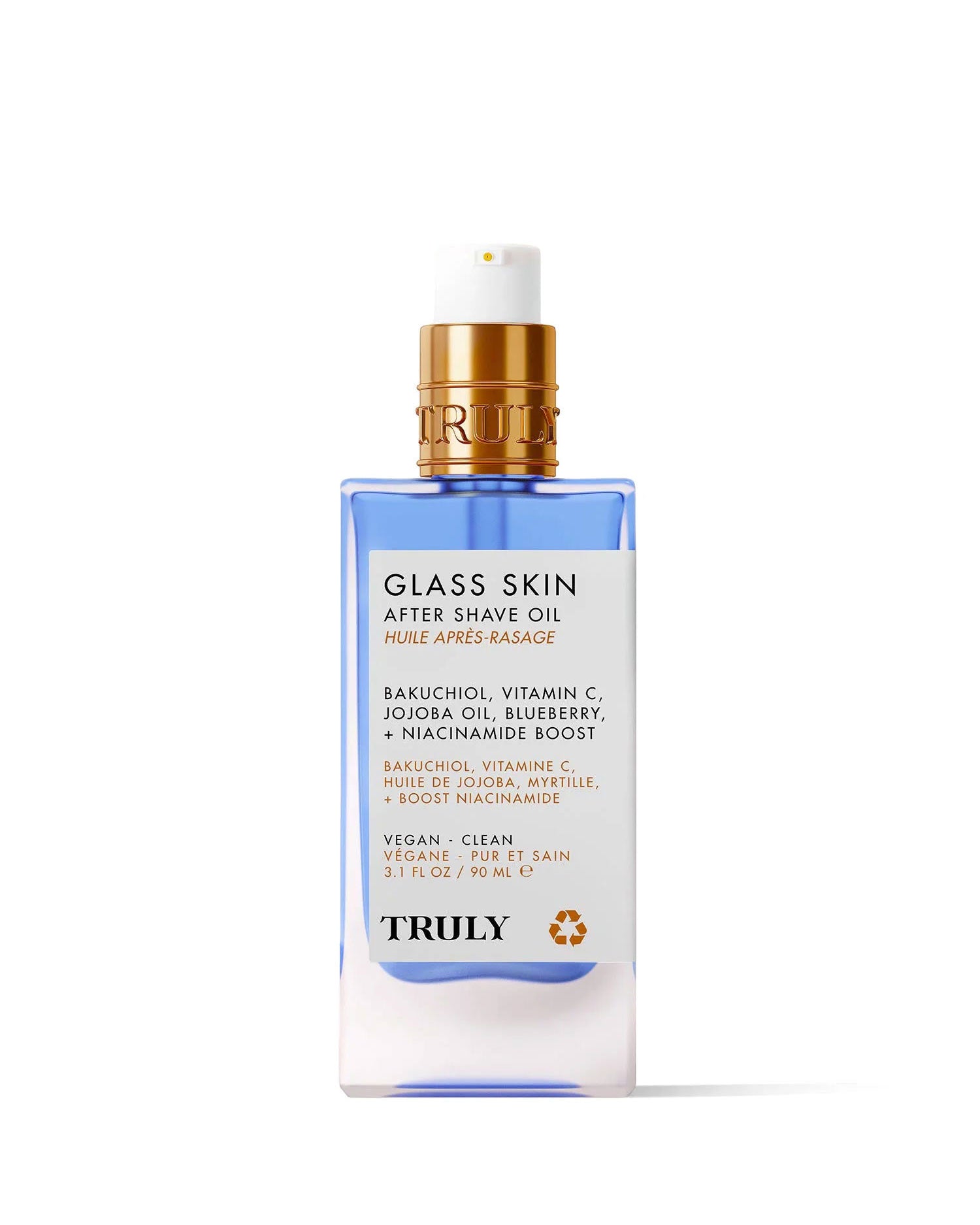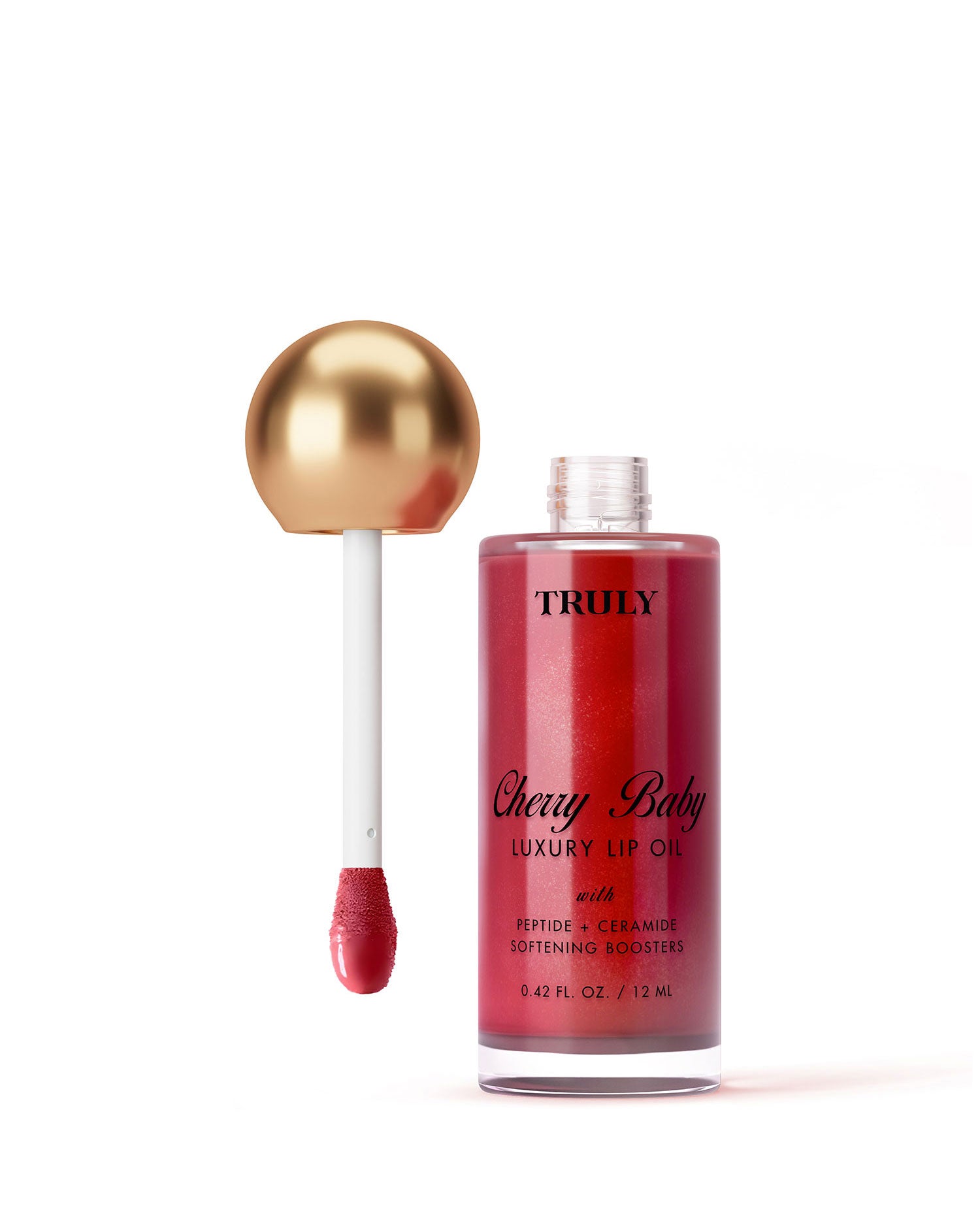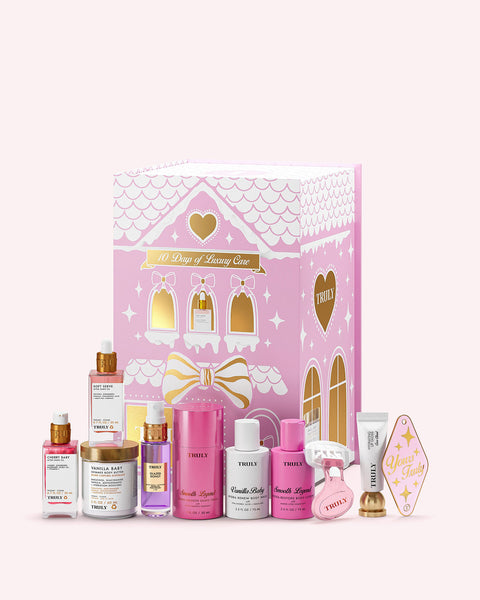Ok, But Why Can’t I Use The Same Moisturizer For My Body And Face?
August 13, 2021
By: Truly Beauty
If your beauty cabinet is cluttered with bottles and jars of various cleansers, serums, and lotions, you may be wondering if any of these skincare products double duty. For instance, can a face moisturizer double up as a body moisturizer?
Face and body lotions may look alike. They're usually thick, creamy, and come from pots, tubes, or bottles. But there is a difference between the two.
According to dermatologists, using a body cream from head to toe isn't actually a good idea. That's because moisturizer made for the body is different to that made for the face.
Here are a few things you should know about these products before slathering them all over.
HOW THE SKIN ON YOUR FACE AND YOUR BODY DIFFERS
An important beauty lesson everyone should know: there is a difference between facial skin and body skin - a big one! That's right. There are several reasons why facial and body skin need to be cared for differently.
For starters, the skin on your face is much thinner than the rest of your body (particularly around the eye area).
Your face also contains the highest concentration of sebaceous glands - those responsible for producing oil. That's why your face is more prone to breakouts than your body, as oil production can clog pores, which leads to blackheads, whiteheads, and other types of acne.
The amount of oil your skin produces depends largely on hormone changes, environmental conditions, and even the type of skincare products you use.
Your body, on the other hand, is more exposed to harsher conditions than that of your face. Take your hands, for instance. You may wash them several times a day or more in harsh soap that can quickly cause dryness. The skin on your body may also get drier and more irritated than the skin on your face, because of hot showers, friction from clothing, and sweating.
WHY PRODUCTS DIFFER DEPENDING ON THE BODY PART
Because your body and facial skin have individual traits, the moisturizing products used need to serve vastly different purposes.
Facial moisturizer, for instance, are typically focused on catering for your skin type and specific skin concerns, like oily skin, fine lines, wrinkles, and dark spots. Whereas body moisturizer addresses issues like dry skin, cellulite, spider veins, and psoriasis.
Face lotion and body moisturizer are two separate types of skincare products. Take a walk down or scroll through the skincare aisle of a beauty store and you'll see there are many different offerings. Some for anti-aging, others for hydrating, and many for sun protection. There's a lot of choice - you just need to select the right daily moisturizer both for your face and body.
According to cosmetic chemist Ginger King, body formulas tend to be much heavier than face creams. They usually contain thicker emollients to hydrate, nourish, and protect.
They "tend to contain a lot of butter, oil, and film formers











